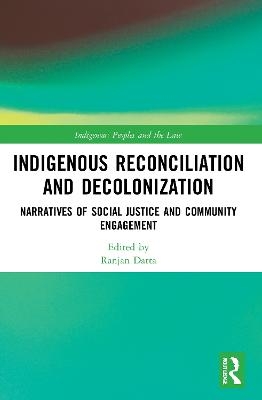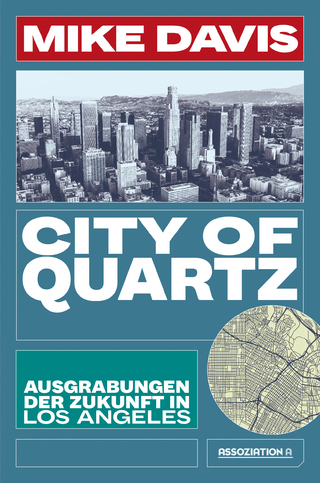
Indigenous Reconciliation and Decolonization
Routledge (Verlag)
978-0-367-69397-8 (ISBN)
An increasing number of researchers, educators, and social and environmental activists are eager to find ways to effectively support ongoing attempts to recognize, integrate and promote Indigenous perspectives and communities. Taking Canada as its focus, this book offers a multidisciplinary consideration of a range of reconciliation policies, practices and initiatives that are relevant in all settler states. Set against its increasing neoliberal appropriation, the book resituates reconciliation in the everyday contexts of community interaction and engagement, as well as in the important areas of Indigenous knowledge, resource management and social and environmental justice. Reconciliation is not just the responsibility of law and government. And, attuned to the different perspectives of settlers, migrants and refugee communities, the book examines areas of opportunity, as well as obstacles to progress, in the forging of a truly decolonizing framework for reconciliation.
As the challenges of reconciliation cross numerous academic and substantial areas, this book will appeal to a range of scholars and practitioners working in law, politics, education, environmental studies, anthropology and Indigenous studies.
Ranjan Datta is Canada Research Chair-II at the Department of Humanities at Mount Royal University, Calgary, Canada.
1. Introduction Ranjan Datta. Part One: Meanings of Reconciliation. 2. Reconciliation as Decolonizing Ceremony Ranjan Datta. 3. Turtle Island to Babylon Ahmad Majid. 4. This Reconciliation is for the Colonizer Andrea Landry. 5. Language and Reconciliation: An Indigenous Woman’s Perspective Edie Venne. 6. The Trapline: A Pathway of Indigenous Land-based Reconciliation Colleen Charles. Part Two: Responsibilities for Land and Reconciliation. 7. Reconciliation through Kits and Tests? Reconsidering Newcomer Responsibilities on Indigenous Land Nisha Toomey, Yi Chien Jade Ho, Deanna Del Vecchio with Eve Tuck. 8. Theorizing Land, Responsibility and Reconciliation through Black Women standpoint Njoki Wane and Hermia Anthony. 9. Reconciliation as Rationalization of State Violence: Activist Performance as Resistance to TRC politics in Chile and Canada Manuela Valle-Castro. 10. Embracing reconciliation in the face of adversity: An intersectional perspective on land, immigration, and anti-racist learning Jada Renee Koushik and Naomi Mumbi Maina-Okori. 11. Indigenous and Newcomer Women in Journeys of Reconciliation: Building Relationships and Learning from One Another Judy White. 12. Building Bridges among Indigenous and Immigrant Communities: A Visible Minority Immigrant Woman’s Journey Jebunnessa Chapola. 13. Humanizing Community-engaged Participatory Research through Relational Practice Carolyn M. Gaspar and Clifford T. Ballantyne. 14. Reflecting on the Privilege of the Canadian Treaties Margot A. Hurlbert. Part Three: How to Move Forward. 15. Conclusion: Reconciliation as Taking Responsibilities.
| Erscheinungsdatum | 13.07.2022 |
|---|---|
| Reihe/Serie | Indigenous Peoples and the Law |
| Zusatzinfo | 2 Halftones, black and white; 2 Illustrations, black and white |
| Verlagsort | London |
| Sprache | englisch |
| Maße | 156 x 234 mm |
| Gewicht | 285 g |
| Themenwelt | Recht / Steuern ► EU / Internationales Recht |
| Sozialwissenschaften ► Ethnologie | |
| Sozialwissenschaften ► Soziologie ► Spezielle Soziologien | |
| ISBN-10 | 0-367-69397-6 / 0367693976 |
| ISBN-13 | 978-0-367-69397-8 / 9780367693978 |
| Zustand | Neuware |
| Informationen gemäß Produktsicherheitsverordnung (GPSR) | |
| Haben Sie eine Frage zum Produkt? |
aus dem Bereich


